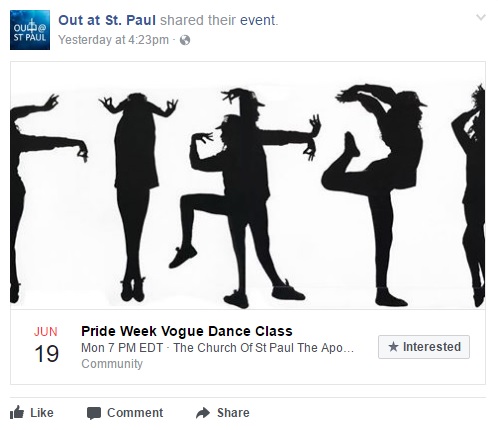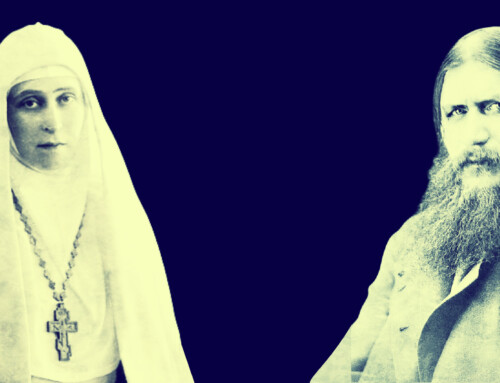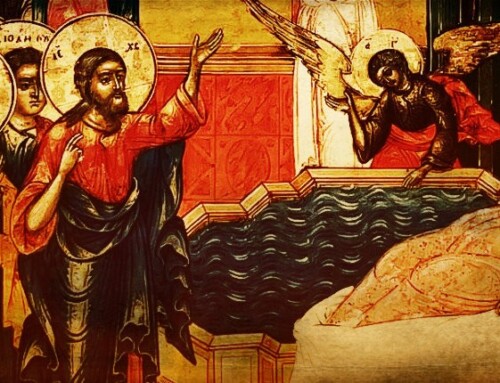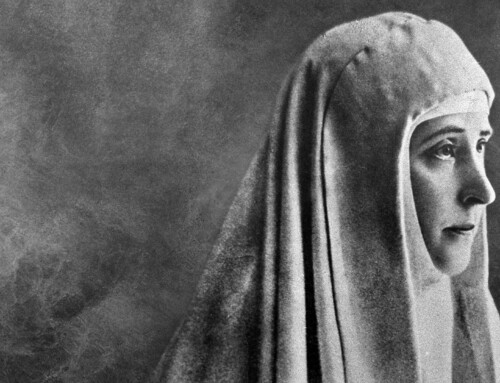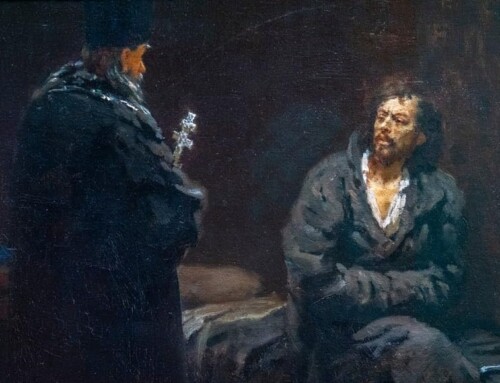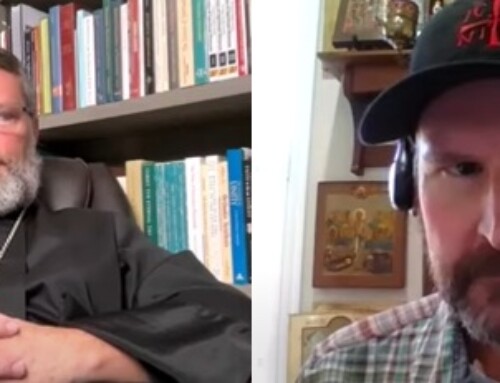The LGBT ministry, Out At St. Paul (OSP), located at St. Paul the Apostle Church in the Archdiocese of New York will offer a Vogue dance class. According to Out At St. Paul:
You’re not going to want to miss this! On Monday, June 19th from 7-9 PM OSP will host a Vogue dance class as part of its Pride Month activities. The event, which will teach participants how to move like those featured in the iconic Madonna dance video, will also serve as an educational opportunity for those unfamiliar with the art form. Come ready to work it out!
The Vogue style of dance, or voguing, was first chronicled in the 1990 documentary “Paris Is Burning” which explored the world of drag balls in New York City. Later that same year, by the time Madonna released the hit single “Vogue,” the dance had already become established in the gay club scene. The accompanying music-video for “Vogue” was controversial for its conspicuous amount of nudity; Madonna remembered:
…when I did my “Vogue” video, there’s a shot of me where you can – I’m wearing a see-through dress and you can clearly see my breasts. Now, they told me that they wanted me to take that out, but I said I wouldn’t, and they played it anyways. So I thought that once again I was going to be able to bend the rules a little bit.
Madonna would push the limits again when she performed the song, as a rapacious Marie Antoinette, at the 1990 MTV Awards. Repeatedly listed among the Top 10 “gay anthems” of all time, “Vogue” has become Madonna’s signature song.
However, after the success of “Vogue”, Madonna was accused of a sort of cultural appropriation in that she exchanged into a commodity what was once the distinct property of a gay minority underground. But feminist provocateur Camille Paglia stated that Madonna had “a strange ability to remake symbolism in her own image. Kitsch and trash are transformed by her high-energy dancer’s touch, her earnest yet over-the-top drag-queen satire. And even postmodernist gay historian Cindy Patton wrote: “Young gay men and women were coming out through their imitation of voguing and Madonna. They were learning to remember their bodies in a critique of gender that is autonomous of gay liberation and feminism.”
In other words, what was once relegated to the subversive, through the corporate marksmanship of Madonna, the formerly shocking hit center stage and ushered in a new era of sexual exploration; a few years later, Madonna would do the same thing with her assimilation of fetish BDSM aesthetics in the video for “Justify My Love.” Ester Gould, who recently produced an award-winning documentary, “Strike a Pose,” about Madonna, the dancers featured in the “Vogue” video, and the accompanying “Blond Ambition” tour, remarked:
In the late ’80s/early ’90s, I definitely felt that Madonna was pushing the envelope and that she was bold…I really enjoyed how she was playing with the borders between femininity and masculinity and black and white and gay and straight. I think Madonna played a really important part in liberating popular culture, sexuality and religion.
Madonna, specifically with Vogue, inspired the next generation of “gay” icons, including Britney Spears, Katy Perry, and Beyonce. But the most direct descendent of Madonna’s calculated blending of homoeroticism, dance music, and Christian iconography is fellow cradle Catholic Lady Gaga who heavily sampled both Madonna’s “Vogue” and Express Yourself” for her own gay anthem “Born This Way.” In an article about Madonna, gay columnist Michael Musto wrote:
While Madonna’s activism was done largely by suggestion (which was the way to make waves at that time), Gaga is able to be way more vocal, loudly campaigning for rights and turning her concerts into pep rallies for young gays coming out.
According to Out At St. Paul, donations at the “Vogue” class will be accepted for The Ali Fortney Center. Although The Ali Forney Center outreaches to the forgotten and the victimized, from a Catholic perspective, many of their programs are highly problematic, including “Birth Control and Contraception” services a well as “Hormone Replacement Therapy” for transgender teens.
Another event benefiting The Ali Forney Center will take place in the Archdiocese of New York during “Pride” month: on June 17, 2017, The Church of The Blessed Sacrament in the Archdiocese of New York will host in its Parish Hall: “A dance party presented by The Gay Fellowship of Blessed Sacrament to support Blessed Sacrament’s outreach to the poor, The Ali Forney Center and Born This Way Foundation.”
Contact: Cardinal Timothy Dolan
Phone: 212-371-1000
Contact: Monsignor Edward Weber
Phone: 212-371-1011 Ext. 2931
Email: Msgr.Edward.Weber@archny.org

